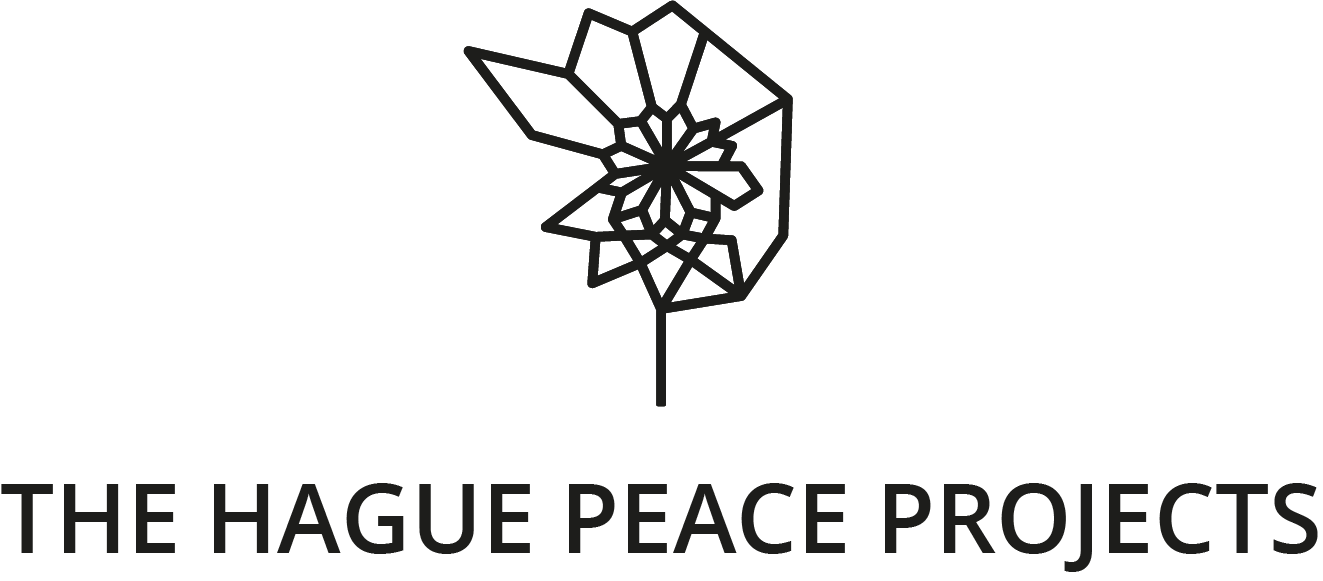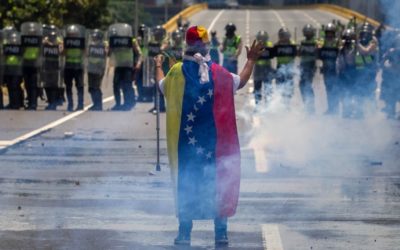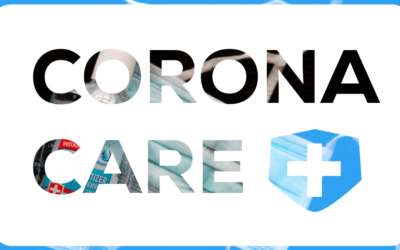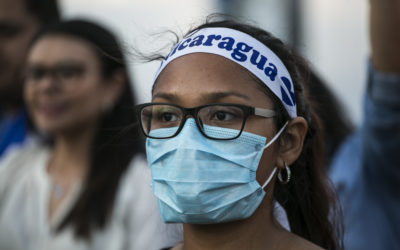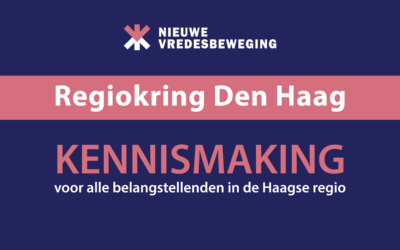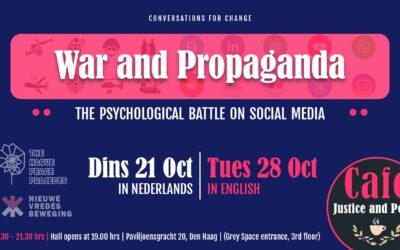On November 7th, 2021, Nicaragua held elections that were considered to be “fake” by the US and the EU. What does this mean?
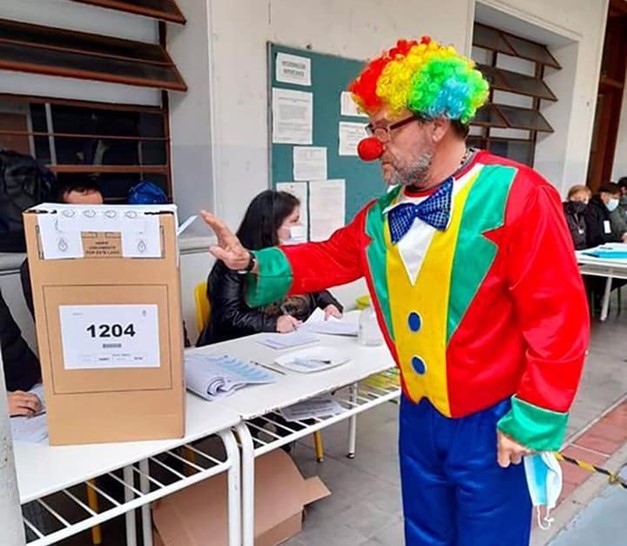
Voter dressed as a clown during the November 7th Nicaraguan elections to showcase that they are just a “show”.
“EU foreign policy chief Josep Borrell on Tuesday branded Nicaragua’s President Daniel Ortega a “dictator” staging “fake” elections at the weekend, with his seven main challengers under arrest.”
First things first. Who is José Daniel Ortega Saavedra?
Let me tell you a bit about the current dictator of Nicaragua.
Daniel Ortega has been president of Nicaragua for over 14 years with the assistance of increasing irregularities in each election process he takes part in. Once one of the leading figures of the Sandinista revolution in the 80’s against the Somoza family, Daniel Ortega quickly started using his newly acquired power to take control over private companies, the government, the supreme court, and the supreme electoral council.
The Ortega regime took its first blow in 1990, when Nicaraguan civil society forced him to call for free and fair elections. That year, Daniel Ortega lost the elections against Violeta Barrios de Chamorro. Since then, Daniel Ortega has been on a quest to regain power and control of Nicaragua by any means possible.
In 2007, Daniel Ortega won the presidential election in what the international community tagged as a ‘pantomime election’. Since that year, no presidential election or general elections have taken place with the necessary democratic observation mechanisms for them to be called “legitimate, transparent, or fair”.
The elections of November 7th, 2021 were no different. And now things are getting trickier.
(More information about Daniel Ortega can be found on The Conversation here).
Ortega’s government after the elections of November 7th, 2021.
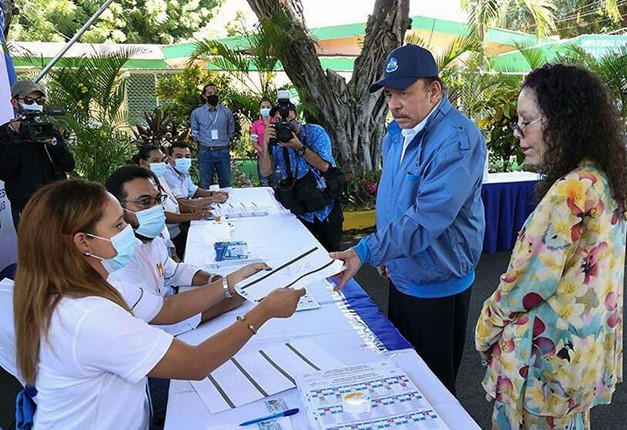
President Daniel Ortega and Vice-President Rosario Murillo on the day of the elections.
Tico Times, Costa Rica:
“The Costa Rican government, through a press release issued by the Foreign Ministry and shared by President Carlos Alvarado, said it “does not recognize” the result of Sunday’s presidential elections in Nicaragua.”
European Parliament, Brussels:
“Leading MEPs condemn Sunday’s sham elections in Nicaragua and stress that Parliament can neither acknowledge the result nor recognize the authorities that emerge from this rigged vote.”
Bloomberg, United States:
“Democrat Senator Bob Menendez, Chairman of the U.S. Senate Foreign Relations Committee, issued a statement rejecting the “sham elections” in Nicaragua, which was signed by representatives of 14 other governments from Sweden to Costa Rica, as well as by the European Parliament. “
“The regime has prefaced Nicaragua’s pseudo presidential elections scheduled for November 7, 2021 with callous violations of democratic rules, including the arbitrary imprisonment, torture, and persecution of political opponents, the systematic repression of independent media, and the abuse of state resources,” the statement read.
So what happens to the Ortega government now?
Managua, the capital of Nicaragua, woke up on November 8th with a sense of victory in the light of the acknowledged fraudulent elections from the previous day.
Since April 2018, Ortega’s government has maintained control of the opposition groups and student leaders with the help of Ortega’s police.
The Nicaraguan democracy (if there ever was such a thing in the past decades), was completely destroyed by the Ortega Murillo family in what many human rights groups call “a systematic undermining of democracy and human rights, with the goal of maintaining control over the narco trading routes protected by president Daniel Ortega”.
With most opposition political parties disbanded, opposition leaders in prison, and international observers banned from entering the country, Nicaragua has become a fully militarized state under the undisputed rule of the Ortega Murillo regime.
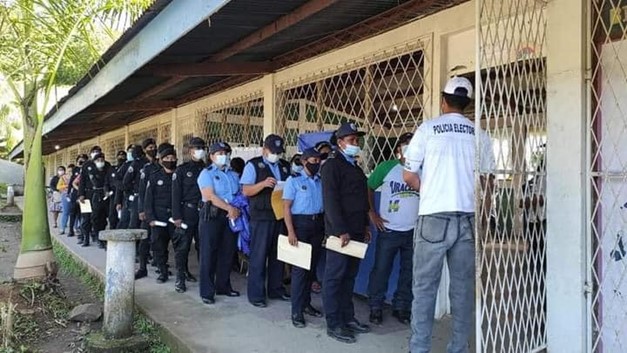
Police, Military, and Government officials are forced to vote for dictator Daniel Ortega.
But for the people of Nicaragua, whose main goal is to restore democracy in the country, yesterday’s “fake” elections were a victory. With abstentionism higher than 75% of the population, the international community has agreed that the country’s presidential election cannot be considered valid.
Nicaraguan President Daniel Ortega and vice president Rosario Murillo sent several diplomatic envoys led by Denis Moncada Colindres in the hope of securing votes from the international community to validate the elections, but this yielded no positive results.
Today, the future of Ortega’s government looks grim as more and more players in the international community take a stand against Daniel Ortega. The opposition sees a brighter future with the rise of international pressure and diplomatic and economic tools being applied to the Nicaraguan government in order to hold the Ortega Murillo regime accountable.
The role of #SOS-Nicaragua and human rights activists in exile.
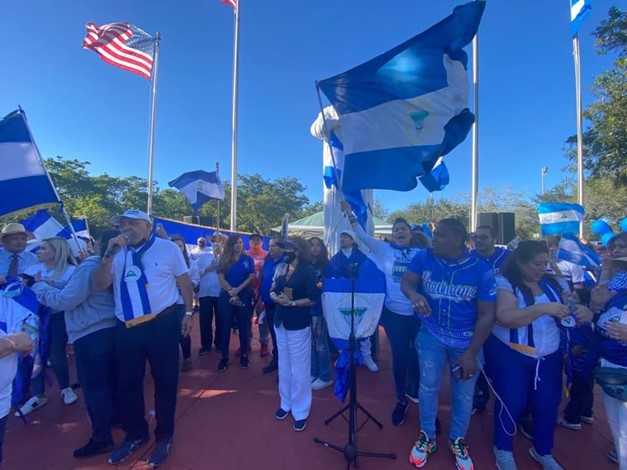
#SOS-Nicaragua, USA.
When Ortega began to use deadly force against the population, the civil society along with the private sector, opposition leaders, student leaders, opposition parties, and human rights groups, started the initiative #SOS-Nicaragua.
#SOS-Nicaragua was a movement born in 2018 after the Nicaraguan uprise, with the objective of raising awareness of the human rights abuses that were happening in Nicaragua. Over the next three years, this movement turned into an organized and coordinated structure with a strong presence in the US, Canada, most Latin American countries, and twelve EU countries.
After the Barcelona convention in 2019, an agenda was established for SOS-Nicaragua Europa (the EU workgroup) with the goals of raising awareness, uniting the Nicaraguans in exile, and supporting the non-violent liberation of Nicaragua from President Daniel Ortega and vice president Rosario Murillo.
#SOS-Nicaragua has been behind the lobbying that has pushed for targeted US and EU economic and travel sanctions to key elements of the Ortega administration. With the help of reports by Human Rights Watch, Amnesty International, and Aljazeera, the group engaged in a large-scale coordinated lobbying action whose latest victory lies in the documents being extended by the international community, clearly stating that the elections of November 7, 2021, cannot be recognized as legitimate, transparent, nor democratic.
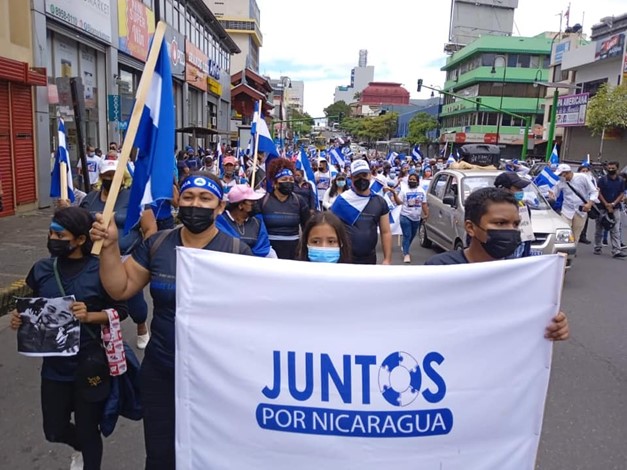
#SOS-Nicaragua, Costa Rica.
The Hague Peace Projects have developed the Mission Nicaragua and Changemakers programs in order to support #SOS-Nicaragua and the work of all Human Rights Defenders around the world.
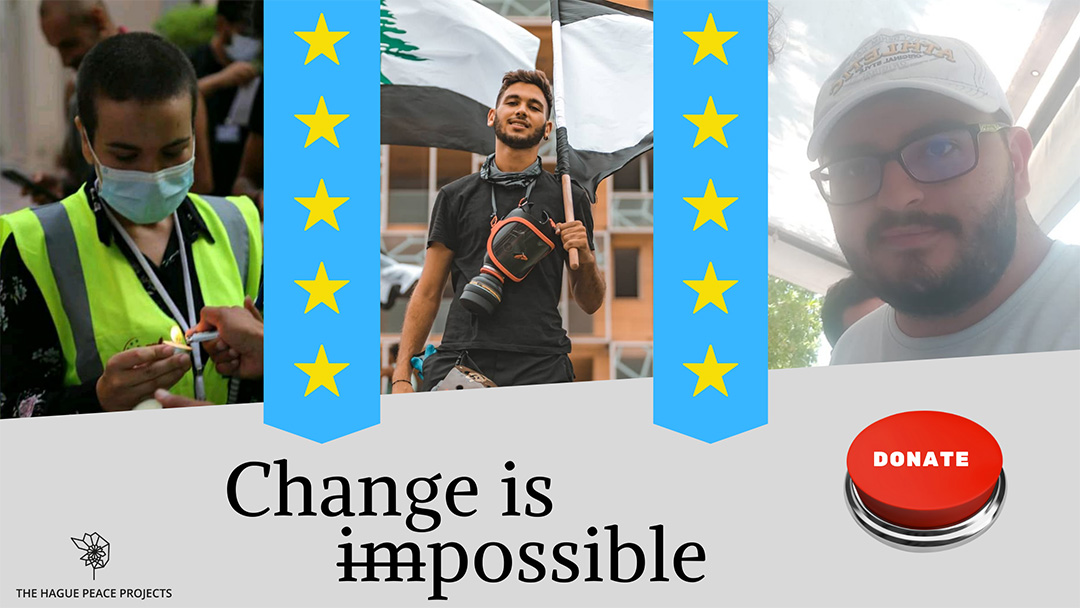
Three prominent Human Rights Defenders supported by The Hague Peace Projects.
Click Here to Move Peace Forward
#ARTivism as an effective way of non-violent resistance.
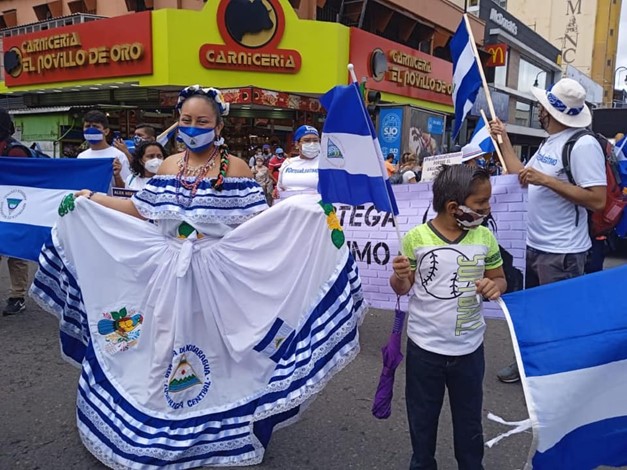
#ARTivism, Nicaragua.
For the Nicaraguan community in exile it has been a challenge raising awareness about what is going on in Nicaragua. Most media in the European Union pay little attention to what is happening in Latin America, let alone talk about what is going on in Nicaragua.
Empathy and support from non-Nicaraguans has been limited in a world where so many things are happening at the same time. Raising awareness was a massive problem that took a great deal of creativity to overcome.
To do so, the Nicaraguan community in exile focused its efforts on showing the world what is great about the country and its people. With the help of dance, music, theatre, cartoons, memes, and photography, they have managed to get people interested in what is going on.
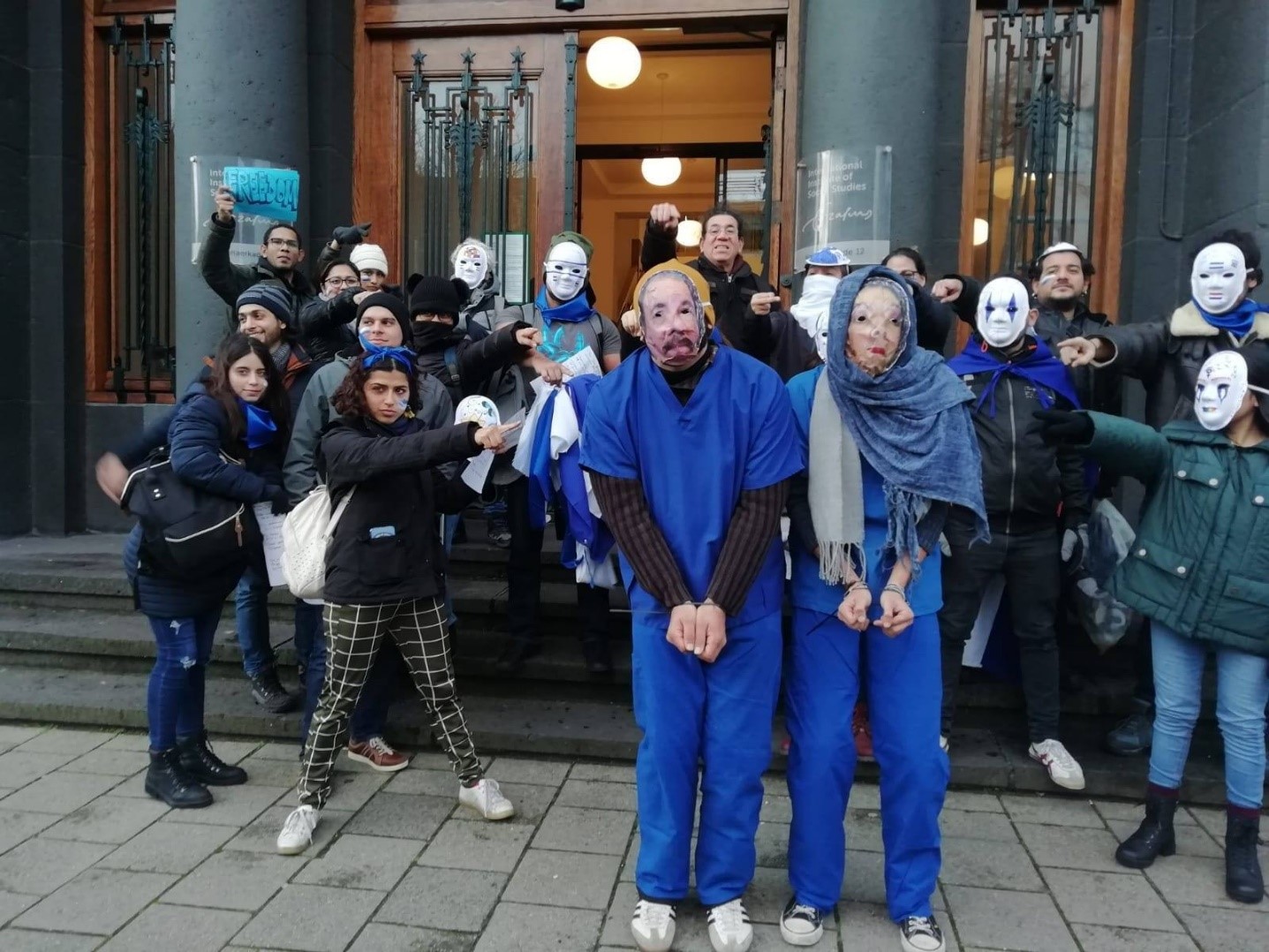
Street theatre in The Hague, The Netherlands.
Conclusion
#SOS-Nicaragua will continue with its agenda to raise awareness, establish stronger relationships with the international community, and lead the non-violent liberation of Nicaragua from dictator Daniel Ortega and his wife Rosario Murillo.
Although a future where most opposition candidates are being held hostage as political prisoners may not look very hopeful, the fact is that in a world ruled by balances of power, president Daniel Ortega is losing power quickly as the liberation movement of #SOS-Nicaragua gets stronger by the day.
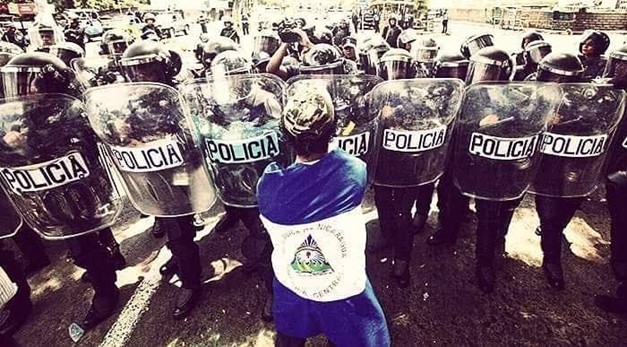
The people against the dictatorship.
If you want to find out more about what is going on in Nicaragua, you can follow SOS-Nicaragua Europa‘s Facebook Page.
If you would like to collaborate with the efforts of #SOS-Nicaragua for the liberation of their country, you can do so directly by contacting them through their Facebook Page. Alternatively, you can also consider supporting Human Rights programs focused on Nicaragua such as The Nicaragua Peace Project.
